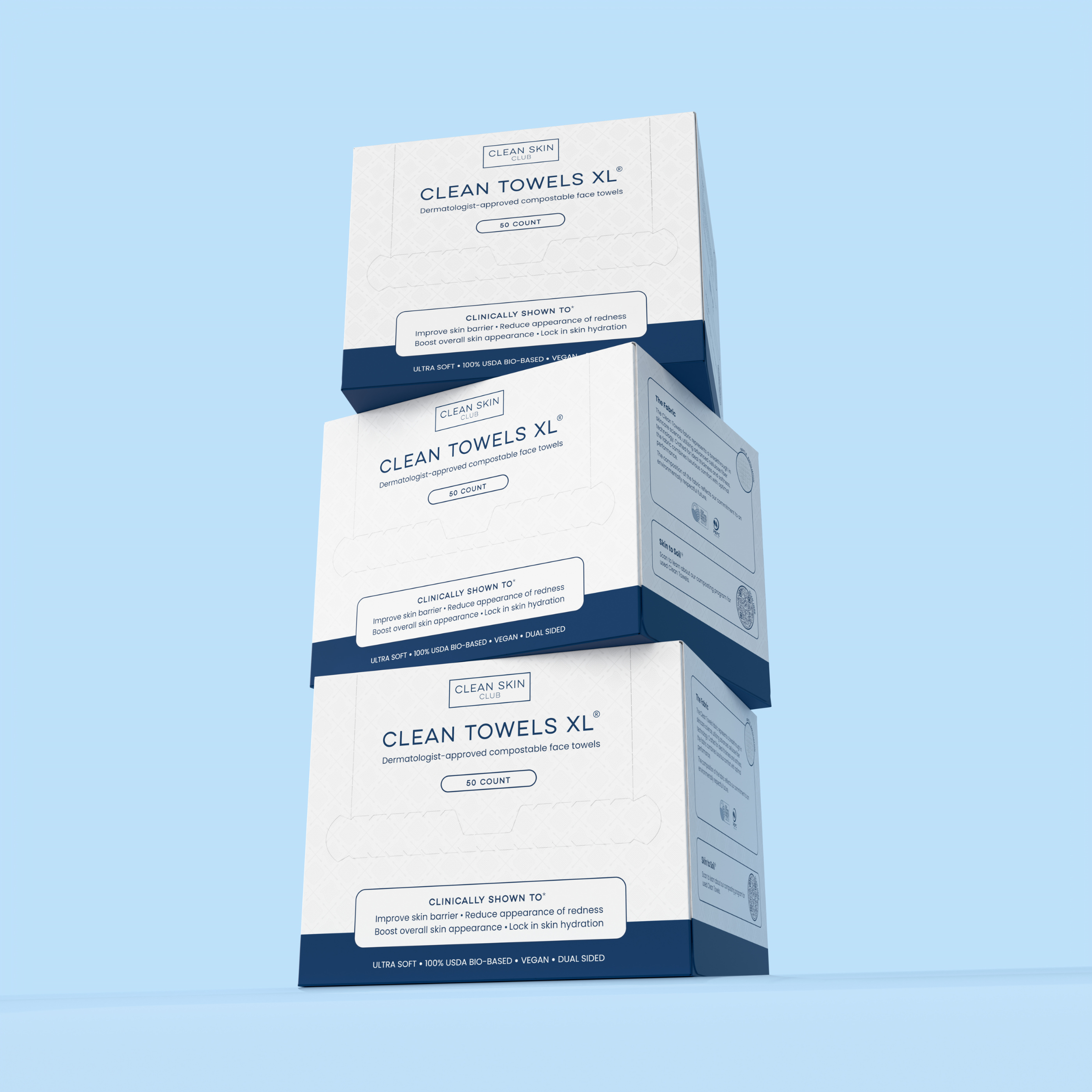Choosing the right skincare ingredients can make a big difference in achieving healthy, clear skin. Two popular ingredients, salicylic and hyaluronic acid, cater to different skin needs. Let's explore how these two ingredients work and which might be best for you.
Salicylic Acid
When looking at exfoliants, you've got more than a few options to choose from based on what your skin needs. Salicylic acid, an ingredient extracted from willow tree bark, is one type of chemical exfoliant called beta-hydroxy acid (aka BHA).
Unlike alpha-hydroxy acids (AHAs), which are water-soluble and ideal for surface exfoliation, salicylic acid is oil-soluble. This property makes it exceptionally effective for oily skin as it can cut through oil and exfoliate deep within your pores to remove blockages. This deep-cleaning ability is why the ingredient is a longtime favorite for those with oily, acne-prone skin. It helps to unclog clogged pores and remove dead skin cells, reducing the occurrence of breakouts and improving overall skin texture.
Is Salicylic Acid Good for Acne?
You might be most familiar with this ingredient as an acne treatment in spot treatments, but it’s also found in many other forms, like cleansers, toners, serums, and mists, which can all be beneficial to the skin in their own right. For those dealing with persistent acne, this acid is a key active ingredient that helps prevent future acne scars.
Its ability to penetrate deep into the skin’s surface to dissolve excess oil in the sebaceous glands and exfoliate from within makes it an excellent choice for treating and preventing acne. It's particularly useful for oily and acne-prone skin, as it keeps pores clear and reduce the risk of future breakouts.
Hyaluronic Acid
Hyaluronic acid is a naturally occurring polysaccharide found in the human body. It acts as a cushioning and lubrication agent for our joints, nerves, hair, skin, and eyes. The reason the beauty industry loves hyaluronic acid so much lies in its seemingly magical ability to retain almost 1000 times its own weight in water. This makes hyaluronic acid essential for proper skin hydration and maintaining skin elasticity.
Studies have proven that hyaluronic acid is exceptionally good at bonding with water molecules, making it a key factor in retaining skin moisture. Lack of moisture is one of the main culprits of aging skin, which is why this ingredient—which attracts moisture to your skin—is a must-have when it comes to repairing your skin’s moisture barrier. Hyaluronic acid is particularly beneficial for sensitive skin due to its hydrating and soothing properties. Using hyaluronic acid products in your daily routine can help improve your skin's appearance by making it look plumper and more hydrated.
Is Hyaluronic Acid Good for Acne?
While using hyaluronic acid does not directly treat acne, it is beneficial for acne-prone skin by providing essential hydration without clogging pores. Hyaluronic acid helps maintain the skin’s moisture barrier, which is crucial in preventing irritation and excess oil production that can lead to breakouts. Thus, hyaluronic acid can be a great addition to a skincare routine aimed at acne treatment.
Choosing the Right Ingredient for Your Skin
Salicylic and Hyaluronic acid each serve unique purposes in skincare. While hyaluronic acid primarily focuses on hydrating the skin, the latter excels in targeting acne and exfoliating the skin to clear out clogged pores. Depending on your skin type and concerns, integrating both ingredients can provide a comprehensive approach to skincare, addressing both hydration and acne prevention.
Thank you for reading!
This article of the Skinsider Scoop was graciously written by L.E. and owner of Bronte+Beauty, Keyla Bronte, and edited by the Clean Skin Club team. If you're interested in more from Keyla, please shoot us an email, and follow her Instagram - @bronteandbeauty.
Feel free to reach out if you have any questions about integrating these ingredients into your skincare routine or if you want to learn more about their benefits for different skin types.



